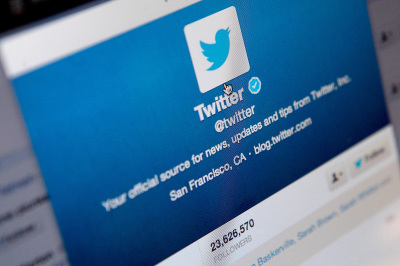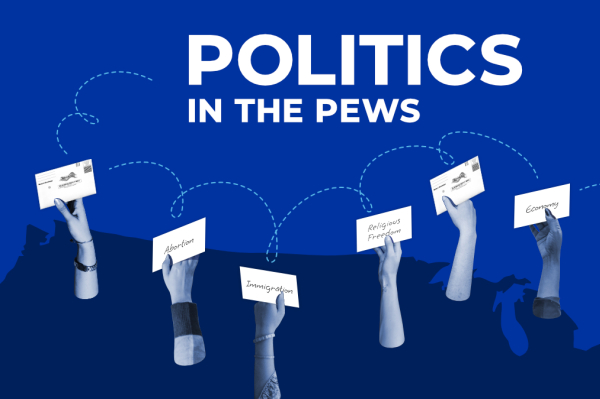'Twitter Files': 5 findings on Trump ban, Michelle Obama and gov't influence

4. Twitter deviated from its policies to ban Trump.
Shellenberger shared a screenshot of a conversation between an unidentified sales executive at Twitter and Roth, with the sales executive recalling that "in the past, we 'exempted policy violation' from a world leader due to the public interest value." The official asked, "are we dropping the public interest now?"
"In this specific case, we're changing our public interest approach for his account to say any violation would result in suspension," Roth responded. "We aren't completely getting rid of the public interest approach."
What happens next is essential to understanding how Twitter justified banning Trump.
— Michael Shellenberger (@ShellenbergerMD) December 11, 2022
Sales exec: "are we dropping the public interest [policy] now..."
Roth, six hours later: "In this specific case, we're changing our public interest approach for his account..." pic.twitter.com/XRUFil2npI
The policy in question, which Shellenberger included a link to in the Twitter thread, allows tweets violating the company's rules to remain online if they were written by "elected and government officials." The platform cites "the significant public interest in knowing and being able to discuss" such actions and statements as the justification for the policy.
Twitter had previously expressed reservations about banning world leaders from Twitter and censoring their tweets in a Jan. 5, 2018 statement: "Blocking a world leader from Twitter or removing their controversial Tweets would hide important information people should be able to see and debate. It would also not silence that leader, but it would certainly hamper necessary discussion around their words and actions."
But after the events of Jan 6, the internal and external pressure on Twitter CEO @jack grows.
— Michael Shellenberger (@ShellenbergerMD) December 10, 2022
Former First Lady @michelleobama , tech journalist @karaswisher , @ADL , high-tech VC @ChrisSacca , and many others, publicly call on Twitter to permanently ban Trump. pic.twitter.com/RzNj7WJReg
Nearly three years later, Twitter attached labels to Trump's tweets even though they did not explicitly violate company policies.
One tweet published a week before the election warned of "big problems and discrepancies with Mail In Ballots all over the USA." A screenshot of the tweet posted in the third installment of the "Twitter Files" showed a warning label accompanying the tweet reading, "Some or all of the content in this tweet is disputed and might be misleading about an election or other civic process."
36. “VERY WELL DONE ON SPEED” Trump was being “visibility filtered” as late as a week before the election. Here, senior execs didn’t appear to have a particular violation, but still worked fast to make sure a fairly anodyne Trump tweet couldn’t be “replied to, shared, or liked”: pic.twitter.com/E0bkjISGBj
— Matt Taibbi (@mtaibbi) December 10, 2022
Another warning label below the tweet purportedly enabled Twitter users to "learn how voting by mail is safe and secure." Twitter also posted a label informing users that the tweet "can't be replied to, shared, or liked." As he posted a screenshot of internal discussions leading up to the decision to suppress the tweet, Taibbi remarked that Trump was being "'visibility filtered' as late as a week before the election," stressing that "senior execs didn't appear to have a particular violation" justifying the move.
Ryan Foley is a reporter for The Christian Post. He can be reached at: ryan.foley@christianpost.com





















